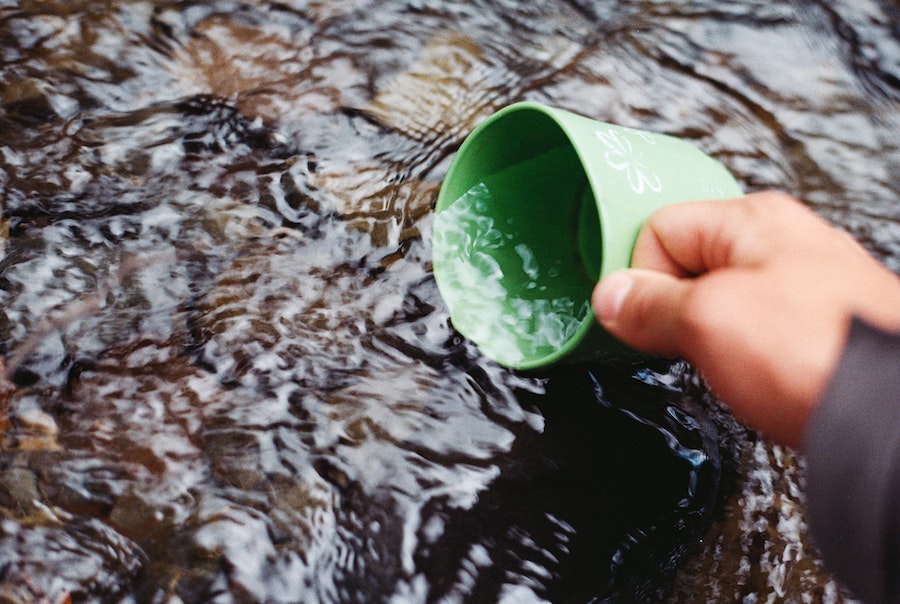Israeli Tech Can Prevent Cholera Outbreaks in SA
The National Government’s failure to ensure access to clean drinking water in Hammanskraal has resulted in the death of 15 South Africans over the last few days. Sadly, this number continues to rise on a daily basis.
On Monday, 22 May 2023, the Deputy Minister of Health, Dr Sibongiseni Dhlomo and the Deputy Minister of Water and Sanitation, David Mahlobo, rushed to release a press statement to confirm that they would conduct a site-visit to ‘monitor the situation’ and undertake ‘Government’s interventions in response to the cholera outbreak’.
This issue has driven residents to protest action for a number of years. In fact, in 2019, the SAHRC declared the Hammanskraal water unsafe for human consumption, following research by the CSIR. An important aspect of this issue is the lack of ability to provide sewage treatment in areas that are not currently being serviced by the grid. A new South African based research project is testing an Israeli water technology system that could help alleviate some of the challenges posed by sewage treatment and its disease burden in underserviced areas.
The Arava Institute for Environmental Studies is a leading environmental studies and research institute in Israel. It was founded to prepare future leaders to cooperatively solve the regional and global challenges by bringing together Palestinians and Jordanians to work on the issue of water. They recently signed a research MOU with the University of the Free State to look into the issue of off-grid sewage. As a result, sewer treatment technology from “Laguna Water” is being tested in SA assisting researchers working across the Drakensberg, allowing access to dignified ablution facilities in remote locations.
The project has been so successful that they are already developing a larger version of the system at a site in Mamelodi, through a partnership between the Jewish National Fund of SA and the South Africa Israel Chamber of Commerce. The system, which is powered by solar technology, could help prevent any future outbreaks of Cholera in the most remote of SA communities with minimal water infrastructure.
Further engagement between our Government and their Israeli counterparts could help us find lasting, sustainable solutions to our country’s water crisis – and help save South African lives too.


